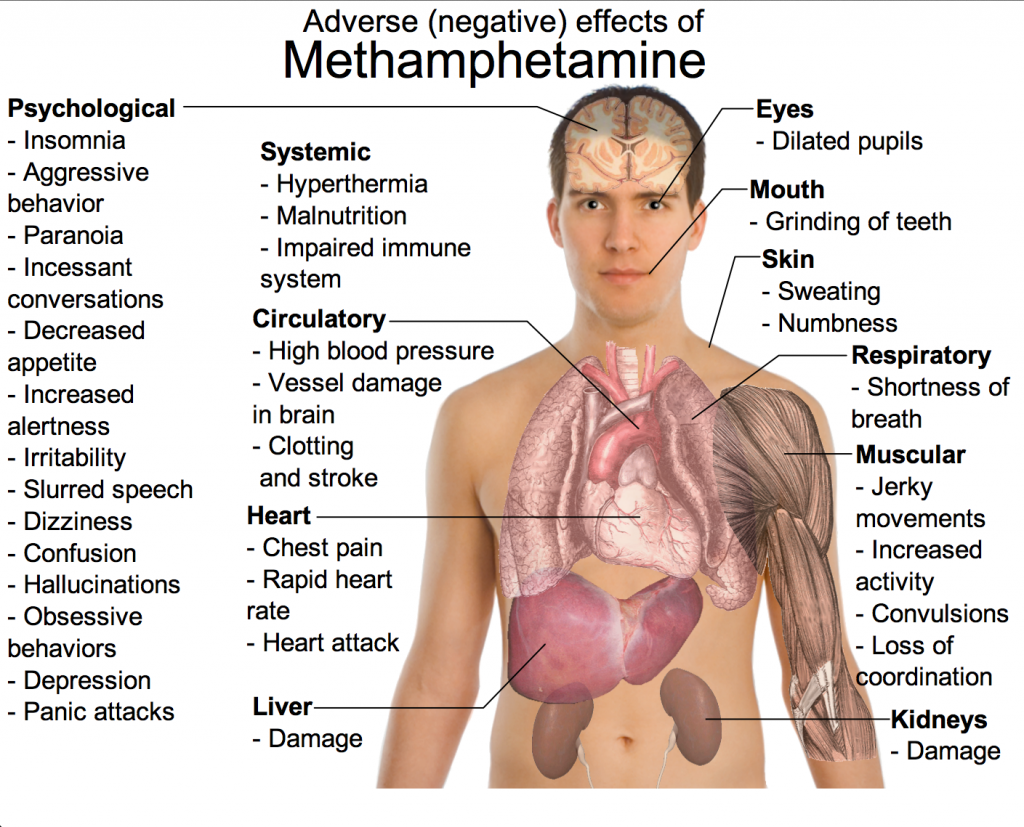Based on research, it has been shown that there is a heightened risk of going through psychotic phases when specific drugs are used.
Take the case of Cannabis, which has been connected with an increased risk of psychosis. It is important to note that it is still unclear whether drugs increase the risk of psychosis or whether individuals who have a history of psychosis are more prone to using drugs.
While nothing concrete can be said of other drugs, in the case of methamphetamine, the linkage might just be established. In spite of circumstantial suggestion that individuals with psychosis are more likely to use the drug. Research group has found that when methamphetamine is actively being used, instances of psychosis rise drastically.
The study, done by researchers at Australian National University in Canberra, focuses on long-term methamphetamine users. It shows that the symptoms of psychosis are five times more likely to develop during episodes of use when seen in relation to periods of restraint.

The symptoms tested by the research team included:
- Hallucinations (high risk in 51 percent of participants)
- Suspiciousness (71 percent)
- Delusions (35 percent)
The amount of risk positively correlated with drug use.
Rebecca McKetin, the study’s lead author, said participants felt psychotic symptoms at a rate of about 10 percent when they were not vigorously using methamphetamine, compared with 48 percent when they were using it heavily (during the last 16 days of use).
In addition, 69 percent of subjects reported having psychotic symptoms in the situations involving significant marijuana or alcohol use. The study included 278 individuals who used methamphetamine and were over the age of 16, examining psychotic symptoms in both sets of subjects. After using meth for an average of 13.1 years, all of the subjects satisfied the criteria for meth dependence.
It is crucial to point out that the study did not involve people with a known psychotic disorder like schizophrenia.
Going by the findings of this study, it is safe to say that there is a definite need to curb the usage of meth among people. The aforementioned long-term effects of the drug can leave a negative impact on the brain.





